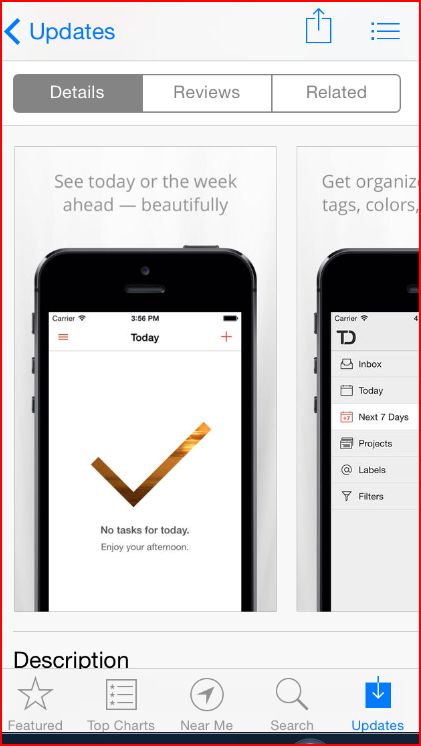The #MeToo tag and subsequent anecdotes have gone viral. The tag was first referred to by Tarana Burke, an activist, who recounted her own story. But, in the last week, Actress Alyssa Milano used the tag and it spread like wildfire on social media and beyond. The legacy media responded by covering the story and it would be pretty hard to avoid the stories. We are at a tipping point. In the last two years, more stories came out regarding the current President of the United States—some thanks to the leaked audio and others thanks to the women coming forward. We also witnessed women coming forward regarding their terrible stories with actors and Hollywood moguls.
Sexual harassment and sexual assault are not new. It’s a known fact that rape is often used as a weapon of war during conflict. But, it was just in my lifetime that marital rape was coined. And, it was also in my lifetime that academic job interviews were moved from hotel rooms to lobbies or more public meeting places. I am certainly not condoning this behavior. I am stating fact. The stories that are flooding papers, Twitter, Facebook, Instagram, and elsewhere are important to listen and read—even if they are painful. These stories are too familiar.
Like most women, I have my own stories. The situations that stem from a tween through recent situations. But, where I have some semblance of power is the way that I support people around me. I am empowered, if not required, to speak up and support others. And, I do. My last post referred to a more common contact that I’m seeing on my social media channels—unwanted contact by men. I’ve taken to blocking once these sorts of contacts, as I don’t want to be hit on via LinkedIn, Instagram or other social media networks.
As a leader, I am familiar with the policies at work, and as a mentor, I am also supportive of my mentees and helping them maneuver any issues. LIkewise, I am glad to see that we are talking about sexual assault and harassment and the conversations are including men. Good. Overall, we are all responsible with making change and moving forward, so that the #MeToo stories become less common. However, I want to see more frank discussion about stopping violence against women and conversations about unacceptable behavior.


 Look, I am happily married. And, I am not on LinkedIn for anything but work related networking or to help my students find work. So, let’s keep LinkedIn work related. It’s not a dating app.
Look, I am happily married. And, I am not on LinkedIn for anything but work related networking or to help my students find work. So, let’s keep LinkedIn work related. It’s not a dating app.









